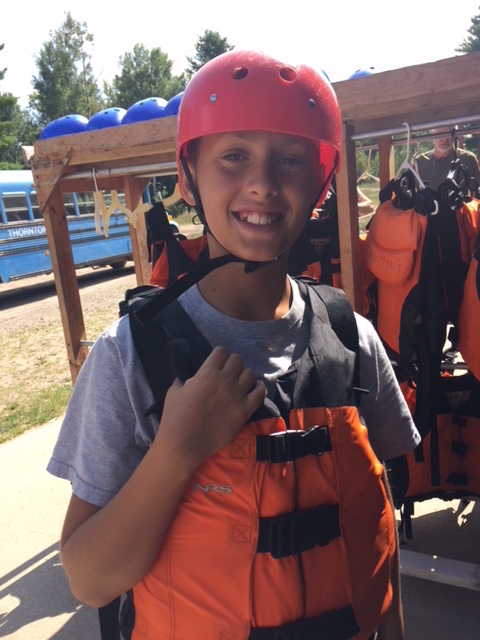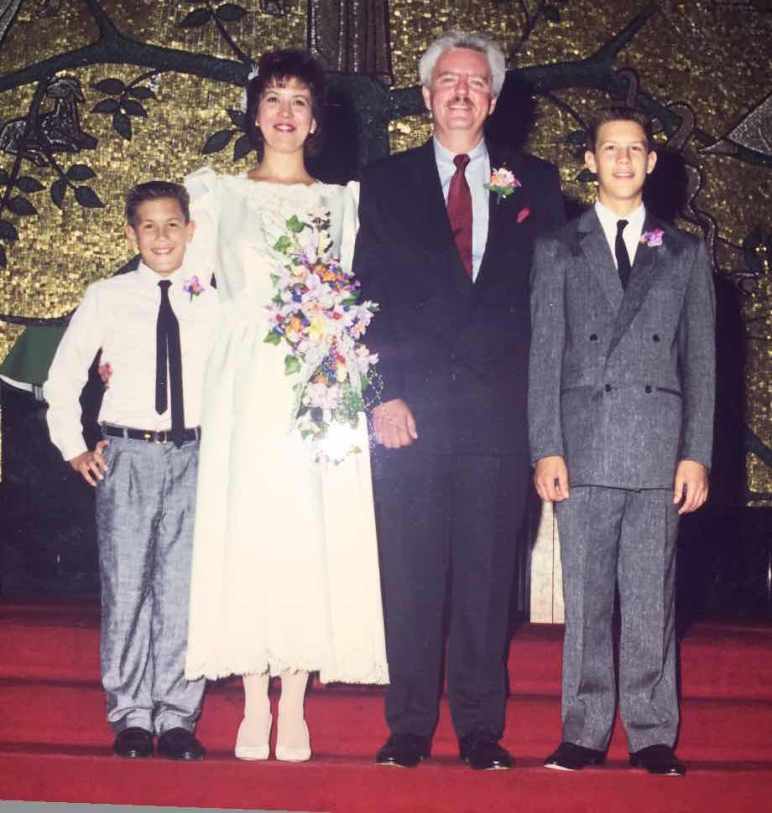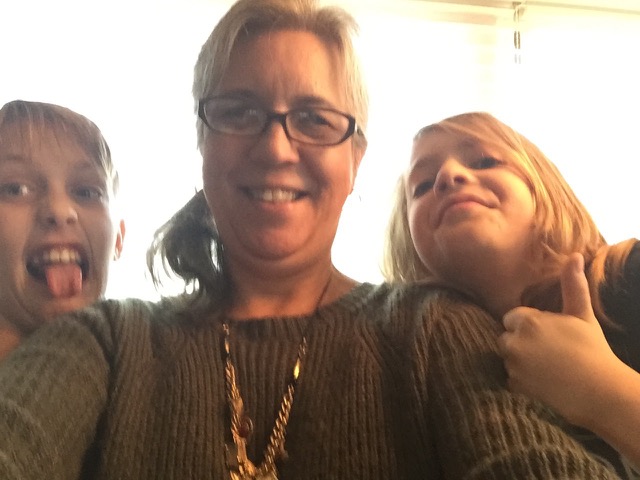A large Black man yelled my name from across the crowded bar.
“ELAINE? ELAINE MALY? ELAINE MALY FROM MARSHALL HIGH SCHOOL? I’D KNOW YOU ANYWHERE! “
I stood up to acknowledge my living existence. One of only two white women at a birthday party for a co-worker, this was the last place in the world I expected to run into someone from my high school days, let alone someone who would recognize my teenage self through the extra pounds, graying hair and wrinkles.
He walked closer and then took a few steps back. My confusion and a hint of fear must have shown.
“You don’t recognize me do you?” he said.
I tried hard to rewind my brain 38 years but I just couldn’t see anyone I knew in this man.
“It’s me! Johnny Brown,” he said.
I rushed forward for a hug.
“OH MY GOD! DOWNTOWN JOHNNY BROWN!” I said. “Now I see you.”
But I never really knew him. He was familiar to me mostly because he played basketball with some of the boys I knew. And, of course, because he was one of only a handful of black kids in a baby boomer graduating class of almost 1,000. The boys had dubbed him “downtown” Johnny Brown which I assumed had something to do with his basketball prowess.
He offered to buy me a drink and so I left my table of girlfriends and went to stand at the bar with him. I mentioned that once in a while I still see some of the basketball players he knew.
He said that he didn’t. “Do you know what it was like for me to go to John Marshall High School?” he asked. “I had never seen so many white people in one place before.”
“I’m sorry,” was the only honest response I could come up with.
I told him that it’s kind of funny since some of my old high school chums believed that we went to a really integrated school. I guess for Wisconsin white kids in the early 70s, having a few dozen Black kids in the whole school was a new and memorable experience too. We were so self-centered. But then again, how could any of us know what it was like? Even now, can I even glimpse the experience of my Black friends when I move through the world as member of the privileged majority? The real privilege is that I don’t ever have to think about it.
I had a flash back of what a charming and personable guy Johnny was, yet how afraid me and all my girlfriends were to be “too” nice to him. We were terrified that our fathers would kill us if we had been encouraging to him and he did something as outrageous as call our homes or ask us to a dance.
Johnny knew a lot about me. He knew the name of my high school boyfriend and said that he was my first real love. I made a scoffing noise at the thought of that relationship being some kind of legendary romance.
He said that he had met my husband Tom many years ago at a job that they both hated. I don’t remember Tom ever mentioning this to me.
Then again, Johnny didn’t know anything about me at all. He made an offending comment about my having been a housewife for the past 38 years. “I don’t even know a house wife!” I shot back. He apologized but I wondered if he assumed that about all white women.
He told me about how he had only been “caught” once and had a daughter in her early 30s. “She’s really smart,” he said. “On the honor roll all through high school and graduated summa cum laude from college.”
And then he shared that he had been really smart in high school too. He graduated when he was just 16. I doubt that I ever knew that he was younger than the rest of us or that he got good grades.
He told me about living in LA for a time and how glad he was to be back in Milwaukee and that he had his own computer business now.
“I’m not surprised you didn’t recognize me,” he said. “I’m 300 pounds.”
“People think I’m fat,” he said, “but I’m not.” And he put my hand on his rock hard python of a bicep.
“And the ‘fro I used to have,” he said while pointing to the pony tail that held his severely thinned hair together. “That was a perm! My mom had to give me a perm so that I could rock that ‘fro. Some of the white guys had better naturals than I did.”
When we exhausted our sparse shared memories, I politely excused myself and rejoined my friends at the table. I could feel his gaze on me and I was glad that I had paid attention to select a flattering outfit that night.
I stayed at the party longer than I intended, resisting the urge to ask him to dance the entire time.
I regret it.
(I wrote this back in 2012 when it happened. I post it today in honor of John whose memorial I attended today. RIP)








